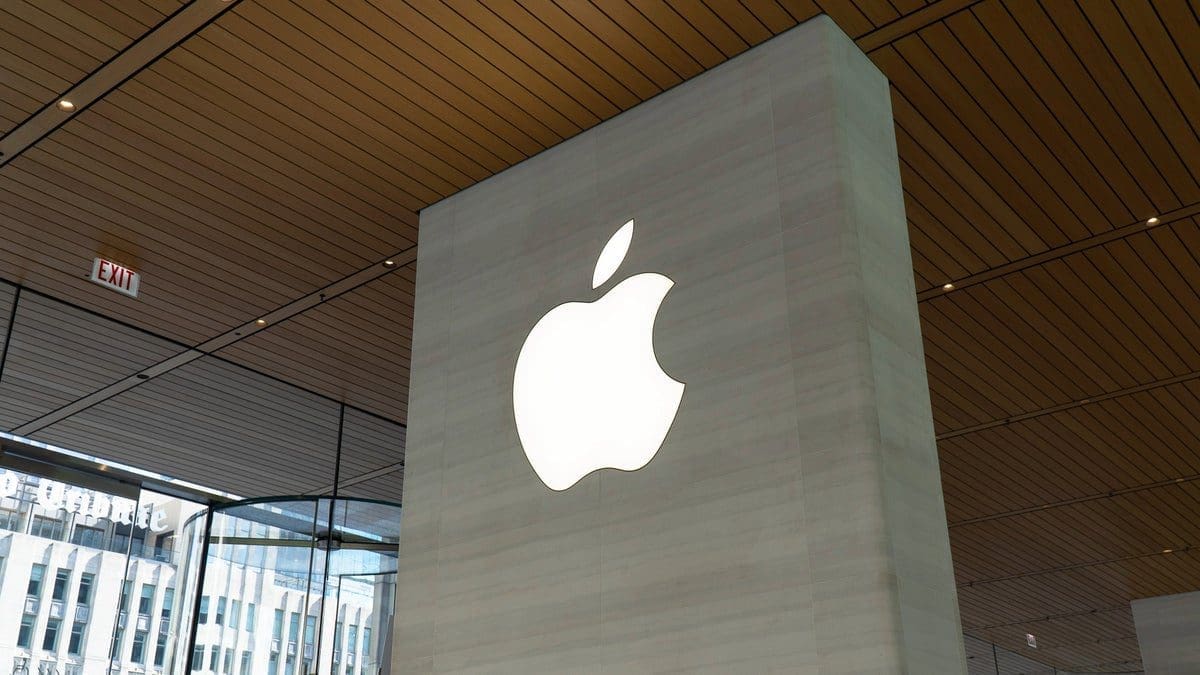Apple has been vocal about its plans to expand its manufacturing presence in India, aiming to reduce its reliance on China. The company began assembling iPhones in India in 2017 through Wistron and later Foxconn and currently has 14 suppliers in the country. Recently, Foxconn announced a significant investment of $1.54 billion in India to bolster its production capabilities.
Now, according to Business Standard (via Reuters), Japanese electronic parts manufacturer TDK Corp is set to establish a lithium-ion (Li-ion) battery cell manufacturing facility in India, specifically in the northern state of Haryana. Deputy Minister for Information Technology Rajeev Chandrasekhar shared this news on X, saying this move will help create several thousand new jobs.
Another big win for PM @narendramodi ji’s visionary PLI scheme in shifting the mobile manufacturing ecosystem to India.
TDK, a leading supplier of cells to Apple, is setting up a 180-acre facility in Manesar, Haryana to build cells for batteries which will be used in the… pic.twitter.com/hyJAf6yeqO
— Rajeev Chandrasekhar (@Rajeev_GoI) December 4, 2023
This development aligns with Apple’s strategy to manufacture battery cells in India for iPhones assembled in the country and double its iPhone production in India by 2024. Sources familiar with the matter indicate that the cells manufactured at the TDK facility will be supplied to Apple’s existing Li-ion battery assembler, Sunwoda Electronics. Currently, Sunwoda imports battery cells from various global markets.
Commercial production of battery cells for Apple is expected to begin within the next 12-18 months.
Apple’s decision to expand its manufacturing base in India is driven by its desire to diversify its supply chain and reduce its dependence on China. This move is particularly important considering the potential for trade disruptions between the United States and China. Apple has reportedly developed contingency plans to shift production of its devices to countries like India and Vietnam in case of any future trade disputes.










